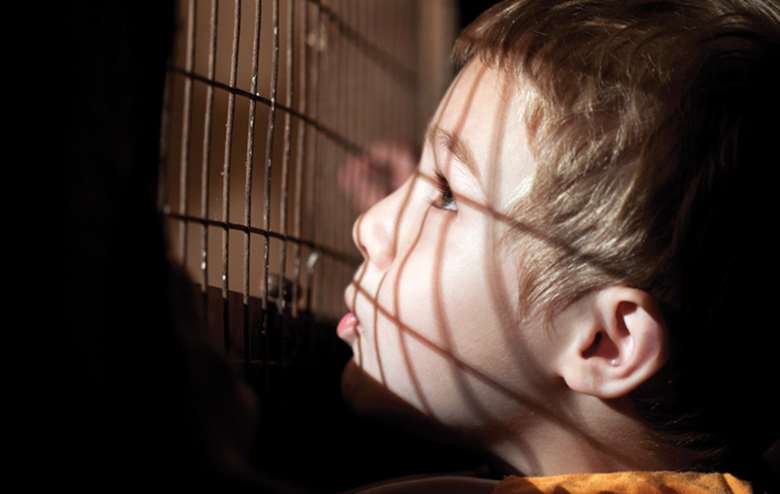Legal Update: Immigration Bill threatens rights
Anita Hurrell
Tuesday, October 29, 2013
The government's Immigration Bill currently before parliament has serious implications for children's rights, says Anita Hurrell, legal and policy officer at Coram Children's Legal Centre.

With the new Immigration Bill, the government wants to achieve two things. First, it wants to make it easier to forcibly remove and deport people from the UK. Second, it is trying to create what the Home Secretary has described as a "really hostile environment" in the belief that this will make people without regular immigration status leave the UK. The measures contained in the bill have serious implications for children's rights.
Best interests
Part of the bill concerns how to assess people's claims to stay in the UK based on Article 8 of the European Convention on Human Rights. Article 8 is the qualified right to respect for private and family life under the European Convention on Human Rights. It relates to the strength of people's connections to their families and social environment.
The decision maker also has to consider each child's best interests. The UK has international, European and domestic legal obligations to uphold children's best interests. Both Article 3 of the UN Convention on the Rights of the Child and the EU Charter of Fundamental Rights requires countries to make the child's best interests 'a primary consideration' in all actions concerning children. There is also a distinct but related domestic statutory obligation imposed by section 55 of the Borders, Citizenship and Immigration Act 2009 for the government to have regard to the need to safeguard and promote the welfare of children when exercising immigration functions.
In the Supreme Court case HH v Deputy Prosecutor of the Italian Republic, Genoa (2012) UKSC 25, Lord Kerr stated that best interests "must always be at the forefront of any decision-maker's mind". The Immigration Bill, however, dictates an approach that does not allow for this. The tests that the Bill introduces for Article 8 create an extraordinarily narrow space to consider best interests and make it effectively impossible for them to be considered in the manner they should be.
Appeal rights
The Immigration Bill would severely restrict appeal rights. People will no longer be able to appeal to the Independent Tribunal against an unlawful decision by the Home Office on the basis that the decision is wrong and not in accordance with the law. Appeals will only be for cases involving claims for international protection or human rights.
The effect of this will be to reduce independent scrutiny of many executive decisions that determine people's lives. It will increase reliance on human rights arguments. It will also create a situation in which people's only form of redress is to make an application to the High Court for judicial review, which is much more time-consuming and expensive.
The proposals should also be seen in the context of cuts to legal aid and changes to judicial review, which will further insulate the government from challenge. The government is moving ahead with the introduction of a "residence test" that will cut off civil legal aid from anyone who cannot prove lawful residence in the UK. Those who will be hit include children born in the UK to undocumented parents and unidentified trafficking victims.
Homelessness
The bill also proposes to require landlords to make immigration checks of prospective tenants. Not only does this underestimate the complexity of immigration and nationality law, it is likely to push vulnerable families and young people further underground. It will manufacture homelessness, which will increase costs for local government due to the need to meet statutory homelessness and community care duties.
The government has not conducted a child impact assessment for the Immigration Bill. Such an assessment is important to ensure the UK is meeting its obligations to children under the UN Convention on the Rights of the Child. All children have rights, including those subject to immigration control.




